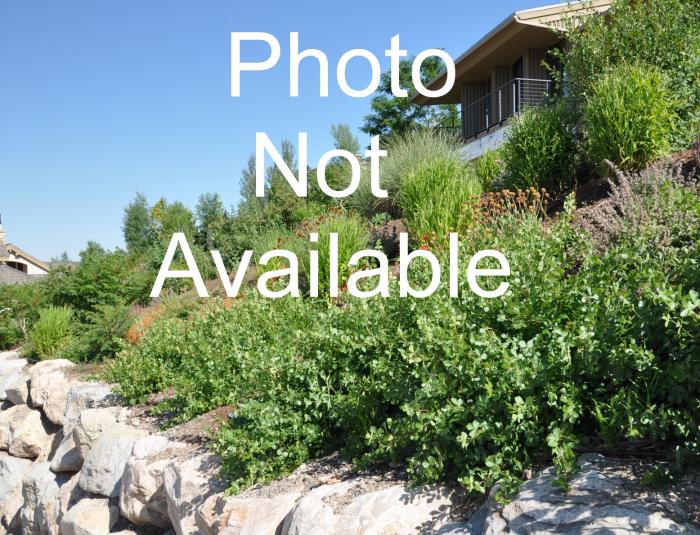| Botanical Name: Hesperostipa comata | |
| Common Name: Needle-and-Thread Grass |

-
Anatomy
-
Culture
-
Design
Plant Type
Ground cover, Grass
Height Range
1-3'
Flower Color
Purple
Flower Season
Summer
Leaf Color
Green
Bark Color
n/a
Fruit Color
n/a
Fruit Season
n/a
Sun
Full
Water
Low
Growth Rate
Slow
Soil Type
Clay, Loam, Rocky
Soil Condition
Average, Poor, Well-drained, Dry
Soil pH
Neutral, Basic
Adverse Factors
n/a
Design Styles
Meadow, Ranch, Woodland
Accenting Features
n/a
Seasonal Interest
Spring, Summer
Location Uses
Background, Raised Planter
Special Uses
Erosion Control, Filler, Mass Planting, Lawn Alternative
Attracts Wildlife
Birds, Wildlife
Information by: Stephanie Duer
Photographer: Susan Frommer
Photographer: Susan Frommer
-
Description
-
Notes
An erect to ascending bunchgrass growing in small tufts that usually grow about 12 inches tall and 4 inches wide. Seedstalks grow 1 to 3 feet tall. Starts growth in early spring or when moisture is available. Seeds mature in early summer. Reproduces from seeds. A Utah native, it is found at elevations between 4000 and 7500 feet on alluvial fans, sandy benches, and gravelly foothills. It occurs in the 10 to 18 inch rainfall belt. Use for meadow plantings; blends well with Indian ricegrass and sandberg bluegrass. Best suited for natural areas or urban/wildland interfaces.
Full sun. Well adapted to excessively drained, sandy or gravelly soils and also to shallow or deep sandy loam, fine sandy loam, or even clay soils that are shallow to deep, with widely varying amounts of stones and rock fragments. A cool season grass, it will go dormant in the summer without supplemental irrigation. Mow in late summer. Also listed as Stipa comata.